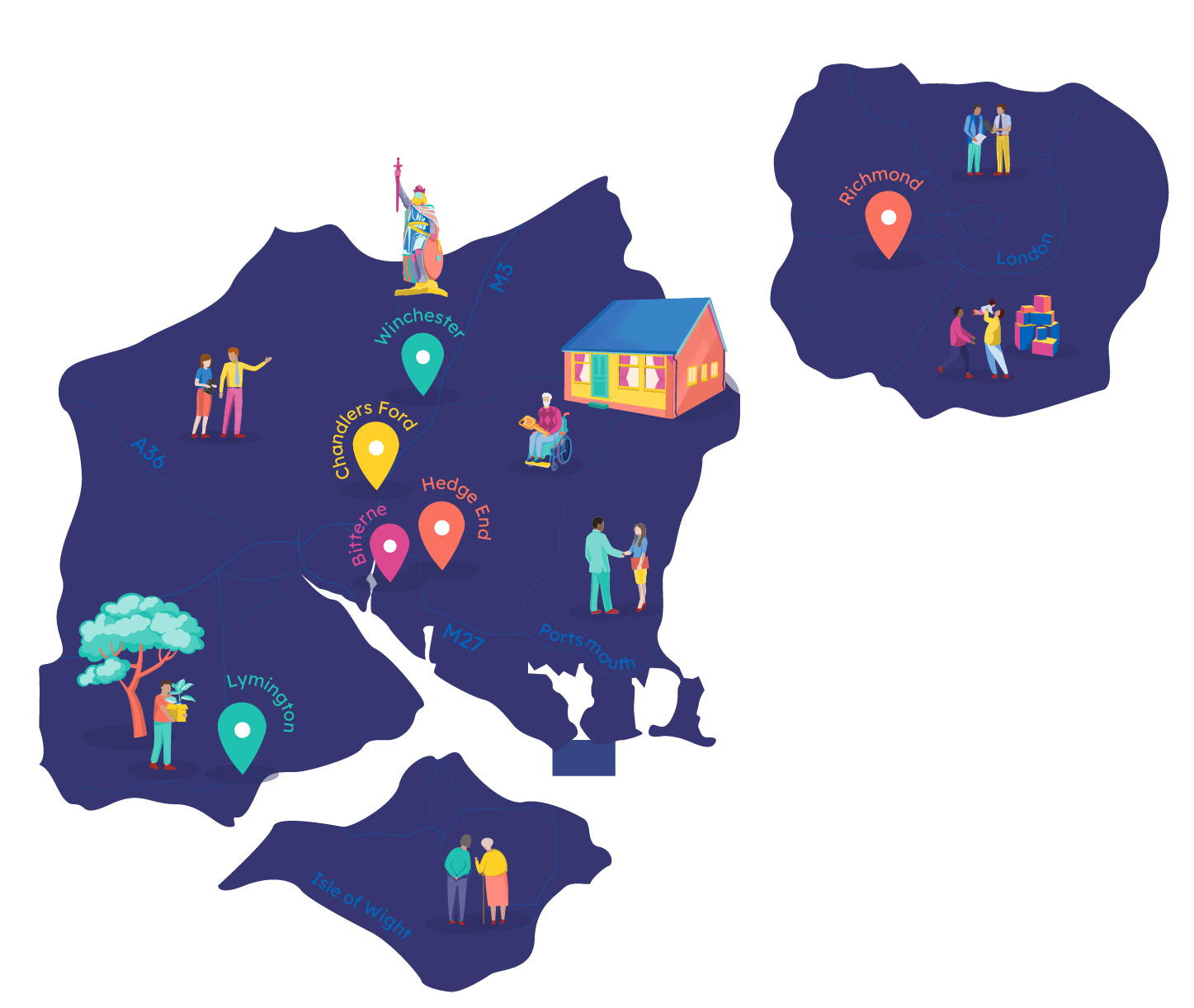



Mediation . . . the positive choice!
‘Mediation is an empowering process for the children, and it can lead to their parents making more informed and suitable decisions for the future’.
This blog has been written for Family Mediation Week, read more here…
This simple statement by an experienced mediator has been strongly endorsed by children and young people who have experienced their parents’ separation. While the majority of parents find ways to handle the separation process reasonably by themselves or with minimal support, a substantial minority find it difficult to look beyond the conflict, hurt, bitterness and anger which can accompany relationship breakdown. Conversations with children and young people show that they are well aware of their parents’ distress and the extent to which they struggle with difficult decisions when their emotions are running high. Very often, the most difficult and divisive decisions are those relating to where their children will live and how they will spend time with each parent. These decisions are incredibly important because they have a profound and lasting impact on children’s lives. In extreme circumstances, children and young people find themselves in what feels like a war zone and may blame themselves for the conflict between their parents. This is not only scary but extremely damaging for children. But it does not need to be like this!
Rather than leaving parents to muddle through by themselves or turn to the courts to make decisions for them, family mediators can assist families to sort things out in a more constructive way. Mediators care deeply about the detrimental impacts of separation on children and parents if conflicts and hurts are allowed to fester and persist. What matters most for children’s well-being is the quality of the relationships in the family. Irrespective of living arrangements, if parents are able to put their children’s needs first and sustain a positive co-parenting relationship then children will have a much better chance to grow into healthy, happy adults. But during separation and divorce, however hard parents try, their relationship can break down so badly that they and their children are very vulnerable. Mediation can help families repair broken relationships by focusing on the children’s needs and helping parents to develop a supportive co-parenting relationship while also acknowledging the roller-coaster emotions that normally accompany family breakdown. Mediators don’t take sides but help parents work together to resolve disputes and learn to respect each other as parents with a joint responsibility to do the very best for their children. By reducing the conflict which can get in the way of sensible conversations, communication between the parents is strengthened. Parents who have been to mediation underline the importance of being able to talk together without shouting or hurling abuse:
‘We wouldn’t have been able to talk face to face on our own…there was too much emotion on both sides…Family mediation was great because with the mediator there we could discuss things, money, housing, what’s going to happen in the future, care plans for our child, with an independent person, without kicking off’.
This father, like many other parents, was certain that mediation had helped him and his ex-wife through a very difficult time, enabling them to agree on arrangements for the future.
Mediation also helps children and young people directly. Children and young people have made it clear that because parental separation and divorce have a huge impact on their own well-being and life-chances, they want to be given the opportunity to express their views and say how they feel about the changes that they have to face. Talking about these issues can be very painful for everyone and, because parents want to protect their children from the consequences of family break-up, they often think it’s best to avoid discussions that might be upsetting. Some children welcome this, but many feel ignored and left out of the critical decisions that make an enormous difference to the kind of relationship they can have with each parent as they grow up. While it is usually best if parents talk calmly with their children about the changes taking place, we know that this can be a tough call and parents rarely manage to do it in a constructive and inclusive way if they are experiencing high levels of emotional distress. Yet children often hold the key to successful negotiations when parents are floundering: giving them an opportunity to talk safely and constructively with their parents and with any professionals involved can make a significant difference to the outcomes for them and their parents.
Research has shown that when highly trained and experienced mediators include children in the mediation process parents are helped to work together, improve their relationship and be more available for their children. Children and young people feel listened to, and levels of anxiety are lowered for everyone. Moreover, the agreements reached are more sensitive to each child’s developmental needs and more likely to stand the test of time. Put simply, the outcomes for children and parents can be very positive. As one young person, a passionate advocate for everyone to have a voice in planning for the future, observed: ‘Mediation would be even more successful if children and young people were included.’
Mediation is not the answer for every family, but it can be a positive choice for parents who are ready and willing to resolve their differences in order to put their children’s needs first. We all know that it’s good to talk!
Emeritus Professor Janet Walker OBE, Vice President of FMA
Institute for Health and Society, Newcastle University


